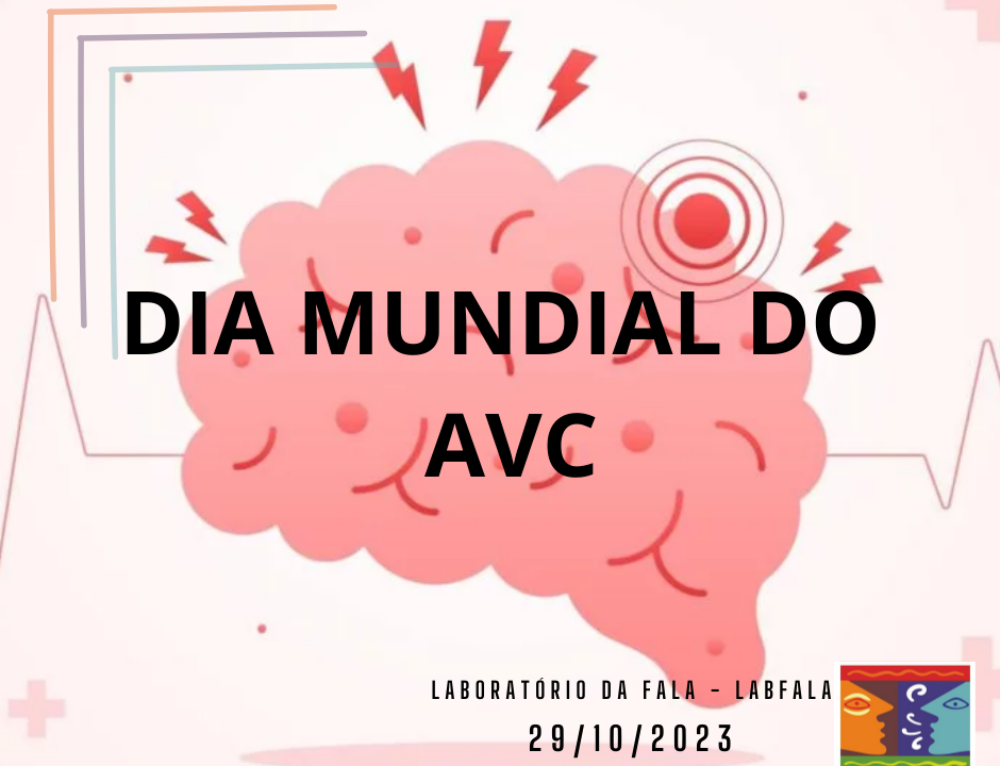Social support plays a vital role in managing ADHD. Sharing experiences and coping strategies with friends, family, or support groups can provide emotional comfort and practical advice. Connecting with others who understand the challenges of ADHD can foster a sense of community and reduce feelings of isolation. For those seeking professional guidance, therapy or counseling can offer tailored strategies and coping mechanisms.
Mindfulness and
Meditation In addition to CBT, mindfulness and meditation practices have emerged as valuable tools for improving focus. Mindfulness interventions show promise in extending attention and controlling impulses in ADHD. Mindfulness encourages individuals to become more aware of their thoughts and feelings, allowing them to redirect their focus more effectively. "Mindfulness helps individuals with ADHD to center themselves, reducing anxiety and improving concentration," notes Dr. James Lee, a neuroscientist studying the impact of mindfulness on cognitive function.
Traditionally, individuals with ADHD have relied on medication as a primary form of treatment. Stimulants like methylphenidate and amphetamines are commonly prescribed to manage symptoms. While these medications can be effective for many, they are not a panacea. Side effects, varying efficacy, and concerns about dependency have led researchers and clinicians to explore alternative strategies.
Incorporating mindful movement into daily routines is another effective strategy. Activities such as yoga, tai chi, or even simply going for a mindful walk can help individuals with ADHD channel their energy in a constructive way. These activities encourage physical awareness and can enhance focus by promoting a sense of calm and grounding. Engaging in mindful movement allows individuals to connect their mind and body, creating a feeling of balance that can be particularly beneficial for those with ADHD.
The ADHD treatment landscape is transforming,
offering innovative solutions for better focus and life quality. As researchers and healthcare professionals continue to explore innovative methods, it is clear that there is a brighter future ahead for those affected by ADHD. By embracing a multi-faceted approach, individuals can find the support they need to thrive in their personal and professional lives.
In recent years, growing attention has been paid to Attention Deficit Hyperactivity Disorder (ADHD) and its impact on individuals' ability to focus. A condition that affects millions worldwide, ADHD is characterized by symptoms such as inattention, hyperactivity, and impulsiveness. However, recent studies and innovative strategies are shedding light on effective methods to enhance focus and productivity for those living with ADHD.
In recent years, awareness campaigns have sought to educate the public about ADHD, emphasizing that it is not a character flaw but a neurological condition. Programs such as ADHD Awareness Month promote discussion and resource sharing for affected families. Schools are also beginning to adopt more inclusive practices, implementing individualized education plans (IEPs) and accommodations to help students with ADHD thrive.
Mindfulness practices can also be incorporated into everyday activities. For instance, mindful walking—a practice that involves being aware of each step and the sensations associated with movement—can help individuals with ADHD channel excess energy while cultivating focus. Engaging fully in simple tasks, like eating or washing dishes, can also transform mundane moments into opportunities for mindfulness, fostering a sense of presence and awareness.
ADHD is characterized by persistent patterns of inattention, hyperactivity, and impulsivity that can hinder daily functioning and quality of life. Individuals with ADHD often struggle with maintaining attention in tasks, managing time effectively, and regulating their emotions. As awareness of
ADHD physical activity benefits has grown, so too has the exploration of holistic approaches to treatment. Mindfulness, the practice of being present and fully engaged in the moment, has garnered attention for its potential benefits in alleviating ADHD symptoms.
The role of technology in managing ADHD is also gaining traction. Apps and digital solutions help ADHD users with time and task organization. These resources can be particularly beneficial for those who struggle with traditional methods of planning and task management, offering innovative ways to stay on track.
ADHD impacts millions globally, making concentration, time management, and task completion challenging. Advancements in ADHD research and treatment are offering new hope, enhancing focus and quality of life.

One effective mindfulness technique is breath awareness. This practice involves focusing on the rhythm of one’s breath, which can help ground individuals in the present moment. For those who struggle with racing thoughts or impulsivity, taking a few minutes each day to engage in deep breathing can create a sense of calm and clarity. Experts recommend finding a quiet space, closing one’s eyes, and inhaling deeply through the nose, holding the breath for a moment, and then exhaling slowly through the mouth. This simple yet powerful practice can serve as an anchor to regain focus when distractions arise.